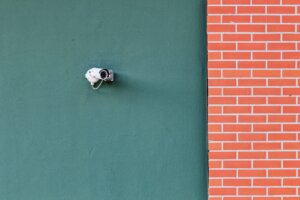The exception (often) confirms the rule. When evidence is obtained through deceit or without a person’s knowledge, it is considered unfair and thus, in theory, inadmissible.
There is no longer any doubt. In 2023, 37.7%* of French people worked remotely at least once a week. But, there is no right to remote work! It always requires a request followed by the employer’s approval.
That was before. In December 2023*, the Court of Cassation made an unprecedented reversal. Now, the right to evidence can justify the production of unfair evidence. The judge must still consider the proportionality of the evidence against potentially infringed rights. This is known as the balancing method.
This decision was put into practice as early as January 2024**. In a case of moral harassment, an employee produced a secret recording of a colleague. The judge weighed the evidence: it was not essential to support the employee’s claim; hence, it was dismissed.
While the evolution of case law is certain, the admissibility of unfair evidence is not automatic and remains subject to judicial review!
*Court of Cassation, Plenary Assembly, December 22, 2023, 20-20.648
**Court of Cassation, Social Chamber, January 17, 2024, 22-17.474







